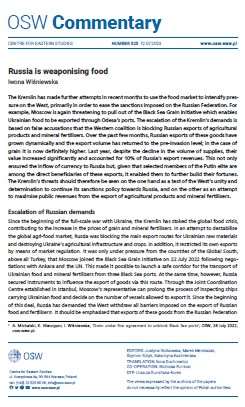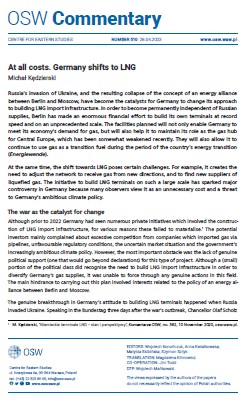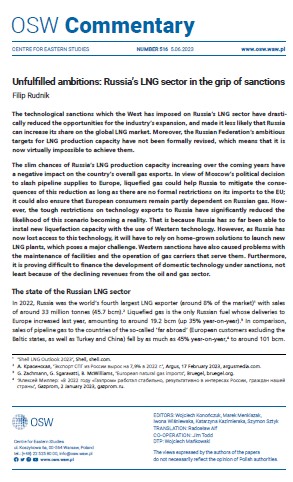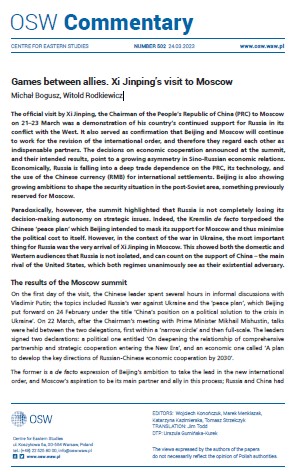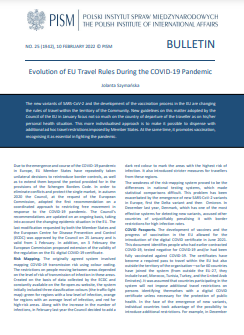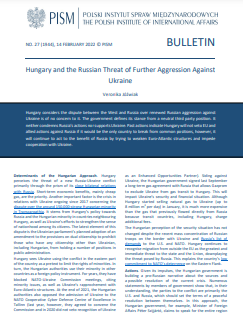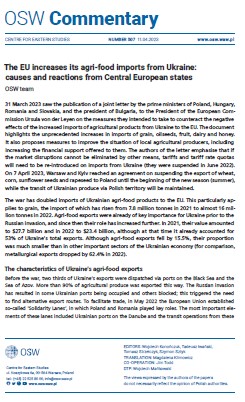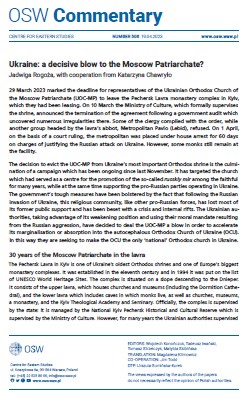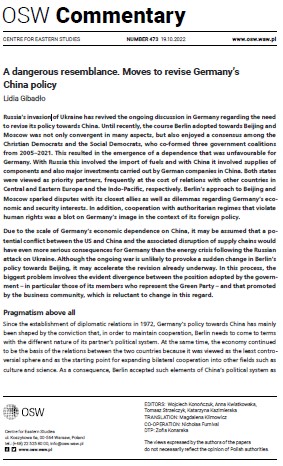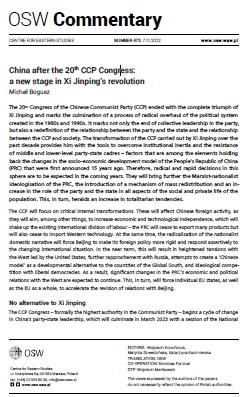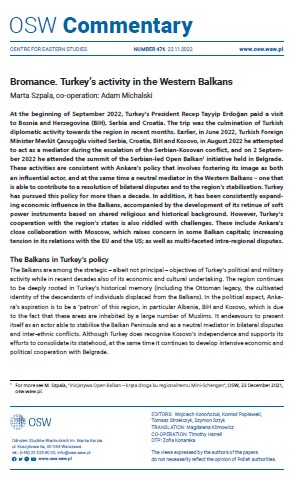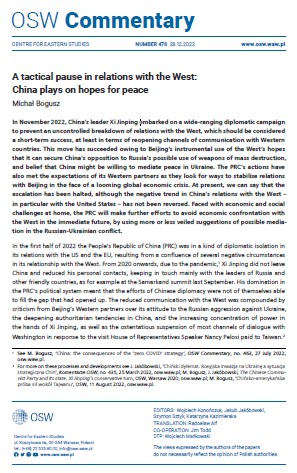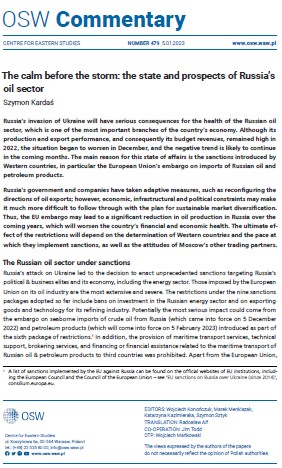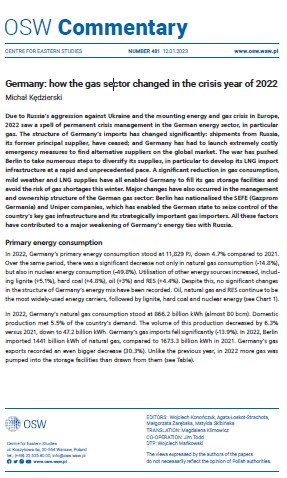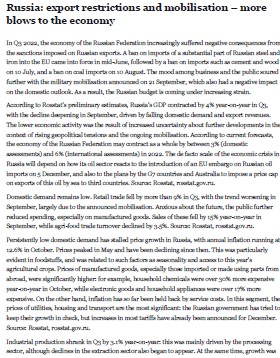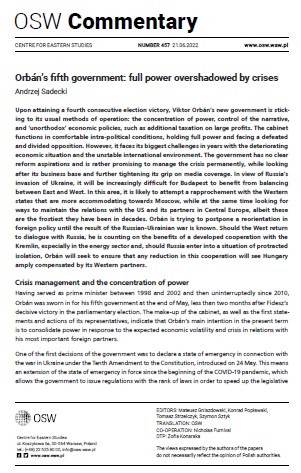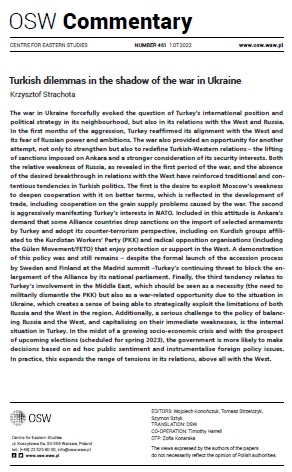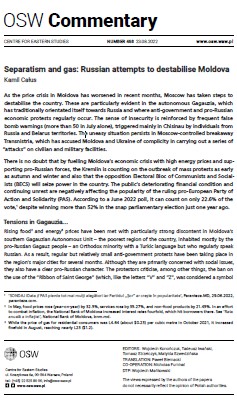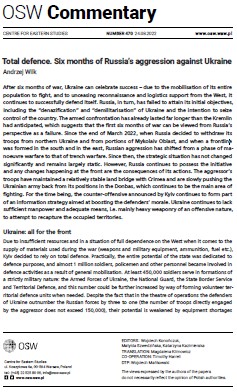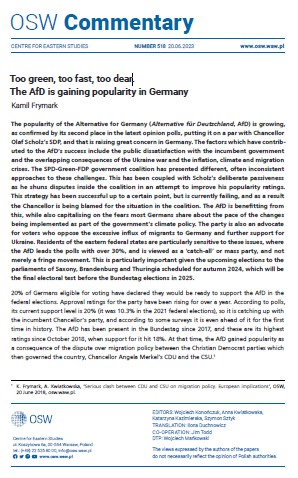
Too green, too fast, too dear. The AfD is gaining popularity in Germany
The popularity of the Alternative for Germany (Alternative für Deutschland, AfD) is growing, as confirmed by its second place in the latest opinion polls, putting it on a par with Chancellor Olaf Scholz’s SDP, and that is raising great concern in Germany. The factors which have contributed to the AfD’s success include the public dissatisfaction with the incumbent government and the overlapping consequences of the Ukraine war and the inflation, climate and migration crises. The SPD-Green-FDP government coalition has presented different, often inconsistent approaches to these challenges. This has been coupled with Scholz’s deliberate passiveness as he shuns disputes inside the coalition in an attempt to improve his popularity ratings. This strategy has been successful up to a certain point, but is currently failing, and as a result the Chancellor is being blamed for the situation in the coalition. The AfD is benefitting from this, while also capitalizing on the fears most Germans share about the pace of the changes being implemented as part of the government’s climate policy. The party is also an advocate for voters who oppose the excessive influx of migrants to Germany and further support for Ukraine. Residents of the eastern federal states are particularly sensitive to these issues, where the AfD leads the polls with over 30%, and is viewed as a ‘catch-all’ or mass party, and not merely a fringe movement. This is particularly important given the upcoming elections to the parliaments of Saxony, Brandenburg and Thuringia scheduled for autumn 2024, which will be the final electoral test before the Bundestag elections in 2025.
More...
